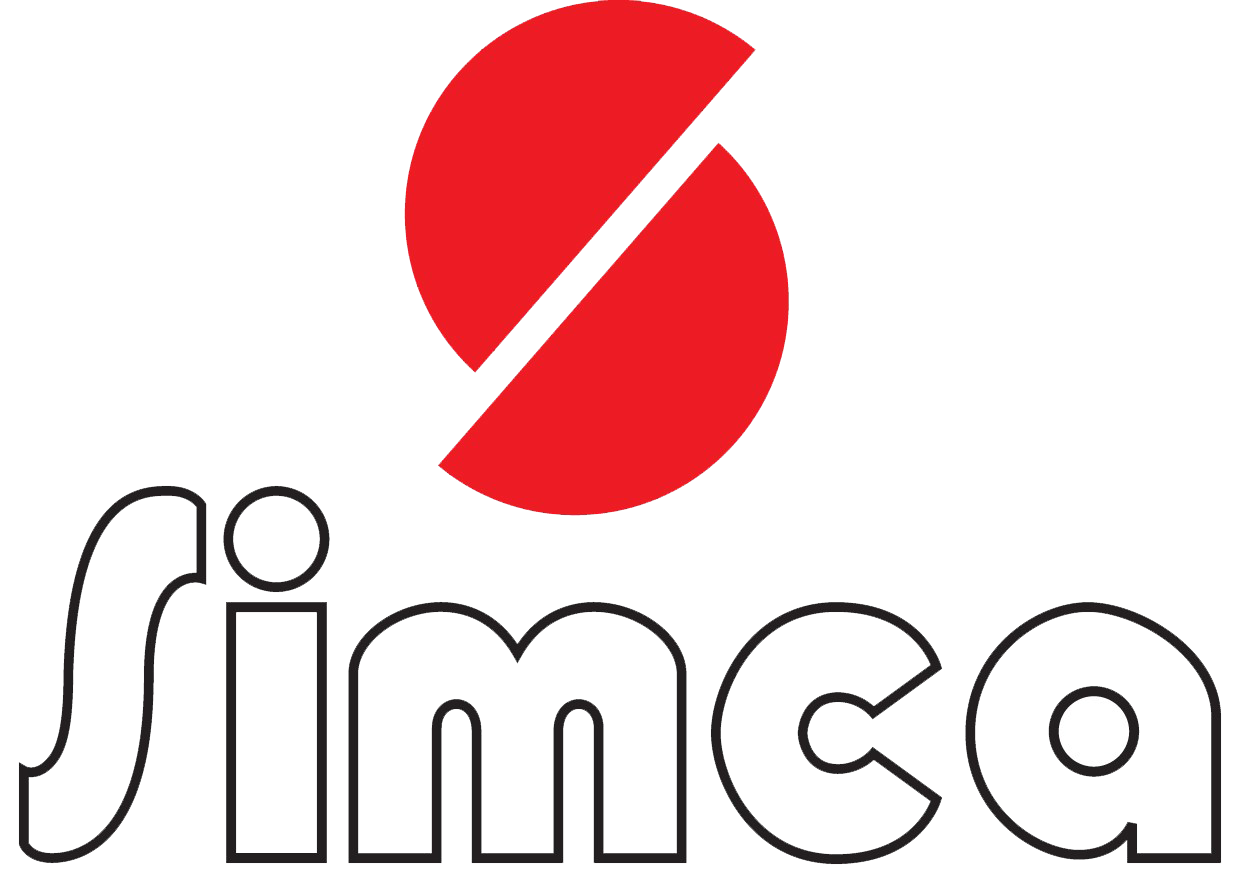Simagyl Forte Suspension
Generic composition: Metronidazole 100mg and Diloxanide furoate 125mg/5ml
General Introduction
Metronidazole is a commonly used antibiotic, belonging to the nitroimidazole class of antibiotics. Diloxanide furoate is a luminal amoebicide.
Therapeutic category
- Anti-protozoal
Dosage forms available
- SIMAGYL Forte Suspension
Mechanism of action
Unionized metronidazole is readily taken up by anaerobic organisms and cells and reduced to its active form in intracellular. The electron transport proteins necessary for this reaction are found only in anaerobic bacteria. Reduced metronidazole then disrupts DNA’s helical structure, thereby inhibiting bacterial nucleic acid synthesis. This eventually results in bacterial cell death.
Diloxanide furoate destroys the trophozoites of E. histolytica that eventually form into cysts. The cysts are then excreted by persons infected with asymptomatic amoebiasis.
Pharmacokinetics
Metronidazole is rapidly absorbed after oral administration with peak plasma concentrations occur after 20 min to 3 hours, undergoes hepatic metabolism, elimination half-life of metronidazole is 7 – 8 hours.
Diloxanide furoate is hydrolysed into diloxanide and furoic acid under the combined action of bacterial and gut esterases. After absorption, diloxanide is very rapidly conjugated to form a glucuronide. In circulating blood, it is present to about 99% as a glucuronide and 1% as free diloxanide. Diloxanide is predominantly excreted in the urine. It is believed that the unabsorbed diloxanide is the active anti-amoebic substance, up to 10% remaining in the gut, which is subsequently excreted as diloxanide in the faeces.
Uses
- Amoebiasis and Giardiasis
- Prevention and treatment of anaerobic infection
Dosage
- 5-10 ml three times a day
Side effects
- Seizures, headache, dizziness, peripheral neuropathy, unpleasant metallic taste, furred tongue, GI disturbances
Precautions
- The drug should be used with special precaution in renal and hepatic impairment.
- Alcoholic beverages should be avoided during the course.
Contraindications
- first trimester pregnancy
- Lactation
- Severe hepatic failure
- Hypersensitivity
- Active CNS disease, serious neurological disease and seizures
Drug Interactions
- Disulfiram like reaction with alcohol
- Acute psychoses with disulfiram
- Additive or synergistic effect with other antimicrobials
- Enhances action of coumarin anticoagulants
- Blood levels increased by cimetidine
- Effect reduced by phenobarbitone

